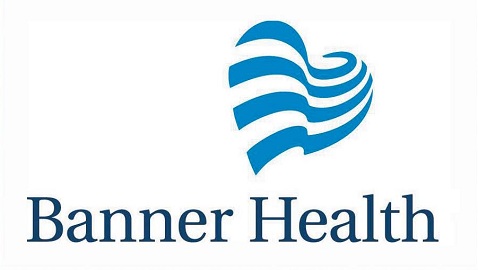Banner Health to Settle Disability Discrimination Suit with $255,000
Post Views 39Banner Health, one of the largest nonprofit healthcare systems in the country, will be paying $255,000 to settle a disability discrimination lawsuit. The suit was filed by the EEOC (Equal Employment Opportunity Commission) of behalf of a former employee with an intellectual disability. The EEOC charged the company with breaching a mediation agreement, as well as failing to accommodate – and ultimately firing – the disabled worker.
Banner Health, formerly known as Banner Mesa Lutheran, is headquartered in Phoenix, AZ, and, in addition to Arizona, operates in Colorado, Nebraska, California, Nevada, Wyoming and Alaska. The man in question was hired by the company in 1984 as a kitchen worker/dietary aide. His intellectual disability did not prohibit him from successfully performing the duties of his job, so long as he was supervised with respect to his needs. According to the lawsuit, he frequently requested reasonable accommodation, but his requests were ignored.
A charge of discrimination was filed with the EEOC back in 2002, after which point Banner Health entered into a mediated settlement. In the agreement, the company promised to not take any actions regarding the man’s employment without first addressing them with his brother, who had power of attorney. A few years later, the employee made another request for accommodation, which Banner Health allegedly refused to offer. According to the EEOC, the company did not discuss the request with the man’s brother, thereby breaching the mediation agreement. The man’s employment was likewise terminated.
The EEOC filed its lawsuit in the U.S. District Court for the District of Arizona in Phoenix, claiming a violation of the Americans with Disabilities Act (ADA). The ADA strictly prohibits discrimination against qualified individuals who have disabilities and requires that employers afford reasonable accommodations for such workers, provided that they don’t present an undue hardship.
In addition to the monetary settlement, paid to a trust in the man’s name, Banner Health will also be providing training at the Banner Gateway site for its managerial and supervisory employees on disability discrimination; working on policies that will prohibit disability discrimination, if necessary; and posting a notice stressing that disability discrimination is unlawful and not to be tolerated.
“Many disabled persons are qualified, ready and willing to work; all they need is an equal opportunity,” said EEOC General Counsel P. David Lopez. “This case demonstrates that when employees, in particular one with an intellectual disability, are prevented from working because of an unlawful reason, they will be protected under the law.”
EEOC Regional Attorney Mary Jo O’Neill referred to disabled persons as an “untapped resource” that would be beneficial to employers. She further noted that a job coach might have proven helpful in this case, and not at the expense of the company. Rayford O. Irvin, district director of the EEOC’s Phoenix District Office encouraged employers and their respective employees to “sit down together and cooperate to find an accommodation that works for all parties involved, regardless of the disability.”
The EEOC’s Phoenix District Office has jurisdiction for Arizona, Colorado, Utah, Wyoming and some of New Mexico, which includes Albuquerque.
Banner Health to Settle Disability Discrimination Suit with $255,000 by Harrison Barnes



 20 Ways to Show Employee Recognition
20 Ways to Show Employee Recognition  Succeeding at Managing a Team in 14 Steps
Succeeding at Managing a Team in 14 Steps  Want to Attract Top Talent to Your Company? Have a Purpose
Want to Attract Top Talent to Your Company? Have a Purpose  Is Music in the Office Appropriate?
Is Music in the Office Appropriate?  Generation Y is Changing Corporate America
Generation Y is Changing Corporate America  How to Deal with These 5 Types of Toxic Employees
How to Deal with These 5 Types of Toxic Employees  Top 4 Most Effective Management Styles & How to Use Them
Top 4 Most Effective Management Styles & How to Use Them  Refocus Your Team in 27 Ways
Refocus Your Team in 27 Ways